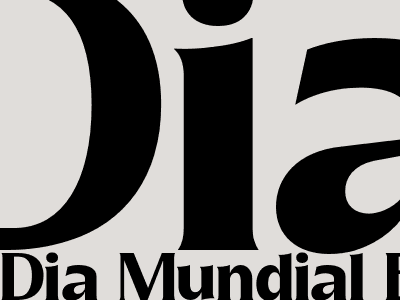Dia Mundial Bicicleta: Celebrating the Bicycle's Global Impact
The Origins and Significance of Dia Mundial Bicicleta
Dia Mundial Bicicleta, or World Bicycle Day, is a global celebration observed annually on June 3rd. Instituted by the United Nations General Assembly in 2018, this day recognizes the bicycle's unique role in sustainable transportation, health promotion, and social equity.
The bicycle has been an indispensable tool throughout history, facilitating mobility, trade, and recreation. Its versatility and affordability have made it accessible to people of all ages and backgrounds, fostering inclusivity and empowering individuals.
Cycling's Environmental Benefits
Bicycles play a crucial role in reducing carbon emissions by providing an alternative to motorized transportation. Studies have shown that replacing car trips with bike rides can significantly lower air pollution and greenhouse gas emissions.
Cycling promotes active lifestyles and reduces sedentary behavior, contributing to improved cardiovascular health, stronger muscles, and increased flexibility. It also offers a low-impact form of exercise, making it suitable for people of all fitness levels.
Additionally, bicycles foster a sense of community and well-being by encouraging people to spend time outdoors and interact with their surroundings.
Promoting Social Equity and Inclusivity
Dia Mundial Bicicleta highlights the bicycle's ability to promote social equity and inclusivity. Cycling provides affordable transportation for low-income populations, enabling them to access employment, education, and healthcare.
It also promotes gender equality by empowering women and girls through increased mobility and independence. In many cultures, bicycles have been instrumental in breaking down barriers and allowing women to participate more fully in society.
Moreover, cycling creates opportunities for people with disabilities by providing an accessible and empowering mode of transportation.
Challenges and Opportunities
Despite its widespread benefits, cycling faces challenges, including inadequate infrastructure, safety concerns, and social stigmas. Dia Mundial Bicicleta serves as a platform to advocate for improved cycling conditions and promote a culture of respect for cyclists.
By investing in bike lanes, dedicated cycling paths, and public awareness campaigns, we can create a safer and more inviting environment for cyclists, encouraging more people to embrace this sustainable and healthy mode of transportation.
Conclusion
Dia Mundial Bicicleta is a global celebration that recognizes the transformative power of the bicycle. By embracing cycling, we can collectively work towards a more sustainable, equitable, and inclusive society.
Let us all strive to create a world where bicycles are celebrated and utilized as a symbol of progress, health, and unity.

Komentar